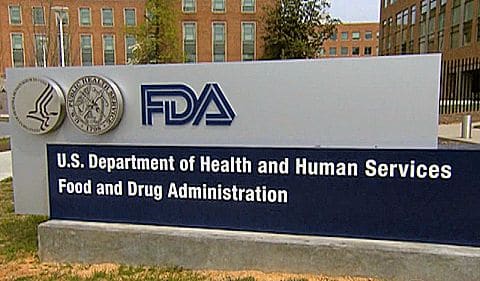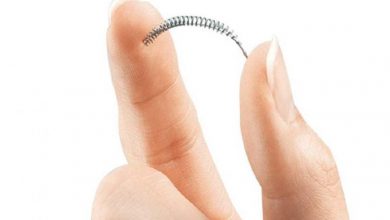
(Reuters Health) - To counter price pressures from US health authorities, generics companies are also considering mergers and acquisitions or BU sales. business units]. And there would be several companies producing drug copies low cost ready to implement this strategy. According to rumors, Impax Laboratories, Perrigo Company and Alvogen .jpg) they would talk to consultants to evaluate acquisitions or outright sales of units. Generic drugs are increasingly strategic to reduce the cost of prescription drugs. American consumers spend more than twice as much per capita as other people in industrialized countries, according to a 2016 report in the Journal of the American Medical Association.
they would talk to consultants to evaluate acquisitions or outright sales of units. Generic drugs are increasingly strategic to reduce the cost of prescription drugs. American consumers spend more than twice as much per capita as other people in industrialized countries, according to a 2016 report in the Journal of the American Medical Association.
And to drive prices down further, the US FDA has undertaken to process pending approval requests. This could mean nearly 4,000 new drugs on the market in the next few years, according to estimates by the US regulatory body. The path of mergers has already been taken by Mylan and Teva, allowing these two companies to lower the prices of their drugs by a single-digit percentage, compared to 20% for smaller companies like Impax. Obviously these operations had a significant cost. Teva, for example, disbursed $40 billion on Allergan's generics BU in 2016, leaving a debt load of $35 billion. While Mylan's purchase of Meda Pharmaceuticals for $7.2 billion translated into a company debt-to-earnings ratio of 3.7, above its target of 3.
The voice of the market
The companies of private equity they don't agree in betting on a sector that sees sales drop in such a significant way. So companies that want to do mergers and acquisitions should get more creative. Perrigo, for example, has been considering spinning off the generics business and merging with another generics maker such as Impax Labs. Alvogen has also explored similar strategies, such as the possibility of doing a reverse merger, which involves buying a public group by a private company, or looking for buyers outside the country. Indian companies like Lupine and Sun Pharmaceutical Industries could be the biggest beneficiaries of this crisis. The healthy budgets and the broad pipelines pending FDA approval could give them an edge to buy struggling companies. And other potential buyers could be Chinese companies, which may be looking for ways to move their capital overseas.
Source: Reuters Health News
(Italian version for Daily Health Industry – July 28, 2017)





